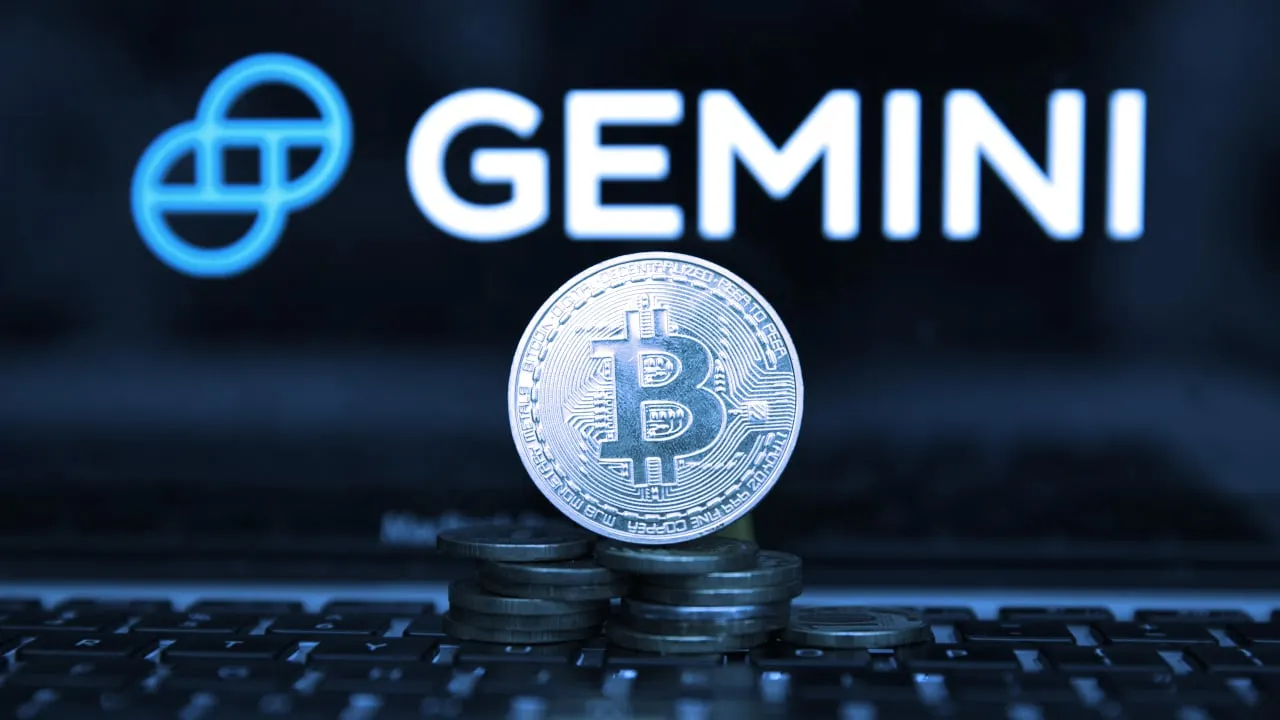Crypto exchange Gemini today announced it had expanded its offerings to five more European countries, bringing its presence on the continent to 12 nations even as crypto prices suffer from a prolonged slump.
Crypto traders in Croatia, Cyprus, Hungary, Romania, and Slovenia can access the over 100 cryptocurrencies available on the Winklevoss twins-founded platform, including dozens of DeFi tokens. The platform will accept euros and pounds.
Financial institutions, fintech startups, and other corporations will also gain access to Gemini’s custody, clearing, trade execution, price discovery, and portfolio management services.
“Gemini is now operational in over 65 countries. Expanding the business globally is an important goal for the company as a whole, and Europe is central to that effort,” Gemini’s head of Ireland and EU operations Gillian Lynch told Decrypt.
The expansion follows the company’s move last week into Denmark, Sweden, Portugal, Czechia, Latvia, and Liechtenstein. The exchange first landed in Europe via the UK in 2020.
The launch comes amid a prolonged slump in crypto prices, with Bitcoin and Ethereum languishing at year-lows for the past few months, per CoinGecko.
Gemini, inflation and MiCA
Crypto adoption in countries neighboring the EU, like Turkey, has been strong due to high inflation, tipped to reach 85.5% in Turkey this year. Inflation in the EU has been relatively more contained, hovering around 10%.
Nonetheless, Gemini’s expansion could signal a willingness to cater to investors looking for more alternatives, even as regulators scramble to regulate the industry following the Terra collapse earlier this year.
EU legislators this week pushed back voting on the landmark MiCA bill, which would have brought in reserve requirements for stablecoin issuers, among other provisions aimed at protecting investors.
“MiCA will provide greater legal certainty and the ability for companies to offer services across all of the EU,” said Lynch, welcoming further regulatory scrutiny over the industry.
However, she pointed out additional steps and considerations to be taken, such as the “harmonization of AML (anti-money laundering) requirements across member states” and the “development of the regulatory technical standards identified in MiCA.”

